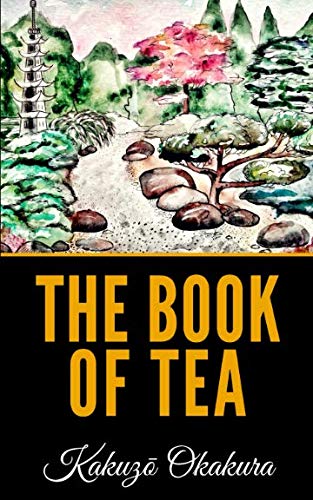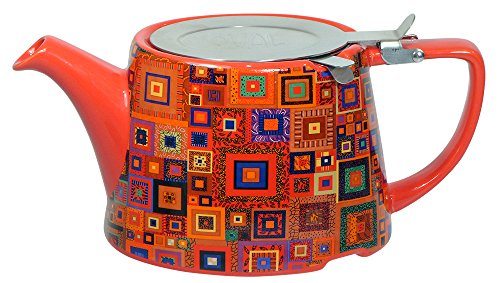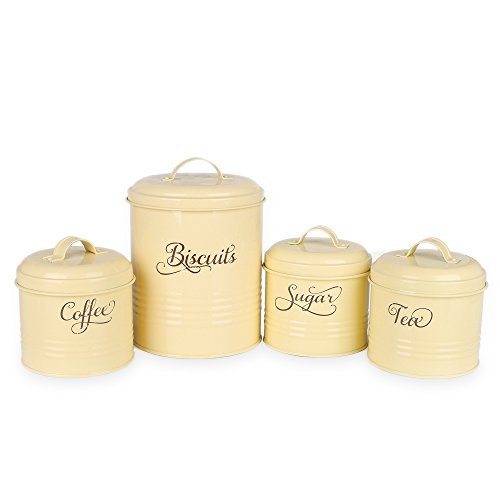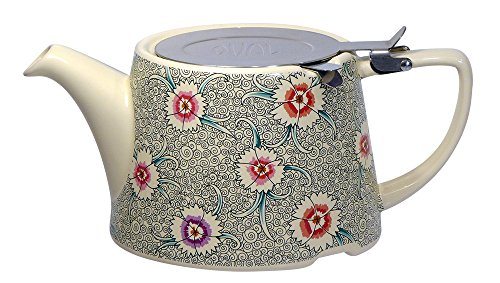The Book Of Tea
Tea began as a medicine and grew into a beverage. In China, in the eighth century, it entered the realm of poetry as one of the polite amusements. The fifteenth century saw Japan ennoble it into a religion of aestheticism—Teaism. Teaism is a cult founded on the adoration of the beautiful among the sordid facts
Tea began as a medicine and grew into a beverage. In China, in the eighth century, it entered the realm of poetry as one of the polite amusements. The fifteenth century saw Japan ennoble it into a religion of aestheticism—Teaism. Teaism is a cult founded on the adoration of the beautiful among the sordid facts of everyday existence. It inculcates purity and harmony, the mystery of mutual charity, the romanticism of the social order. It is essentially a worship of the Imperfect, as it is a tender attempt to accomplish something possible in this impossible thing we know as life. The Philosophy of Tea is not mere aestheticism in the ordinary acceptance of the term, for it expresses conjointly with ethics and religion our whole point of view about man and nature. It is hygiene, for it enforces cleanliness; it is economics, for it shows comfort in simplicity rather than in the complex and costly; it is moral geometry, inasmuch as it defines our sense of proportion to the universe. It represents the true spirit of Eastern democracy by making all its votaries aristocrats in taste. – Taken from “The Book Of Tea” written by Kakuzō Okakura













Philosophy, Life, Art, Flowers, Architecture, This Moment… and Tea. Appreciation. Published in 1906, Okakuraâs âBook of Teaâ espouses that tea is the foundation for a system of life, a philosophy, and itâs associated benefits all conspire to bring together that which is fundamental, holistically and spiritually. From Taoist and Zen upbringings, Teaism (not a typo!) comes with an admixture of the two as a world-philosophy, disposition and mindset. Being in the here and now and as Okakura writes: âThe whole ideal of Teaism is a result of this Zen conception of greatness in the…
Not Really About Tea! First off, not really about tea. It’s an overview of the history and philosophy of China and Japan through talking about tea. Okakura is a Japanese author who learned English at a young age, written in 1906.I found this book by clicking around on some links about Wabi-Sabi and because of my love for Chinese Tea I decided to read this one. The tea ceremony’s I have been involved in are certainly rich, simple, peaceful experiences, it has a similar effect as yoga on mind and body. I…
Beatiful book about beauty of the moment I love this book!It is not only a guide through history of tea, but a guide through the history of humanity, history of the relation between East and West and its values. The way it is written is poetic but it is still showing what the main differences between East and West are and how we are unable to understand the beauty of the moment, the beauty of present time, which is in the center of the tea ceremony.Western people are so determined to stick to their past and trying so hard…